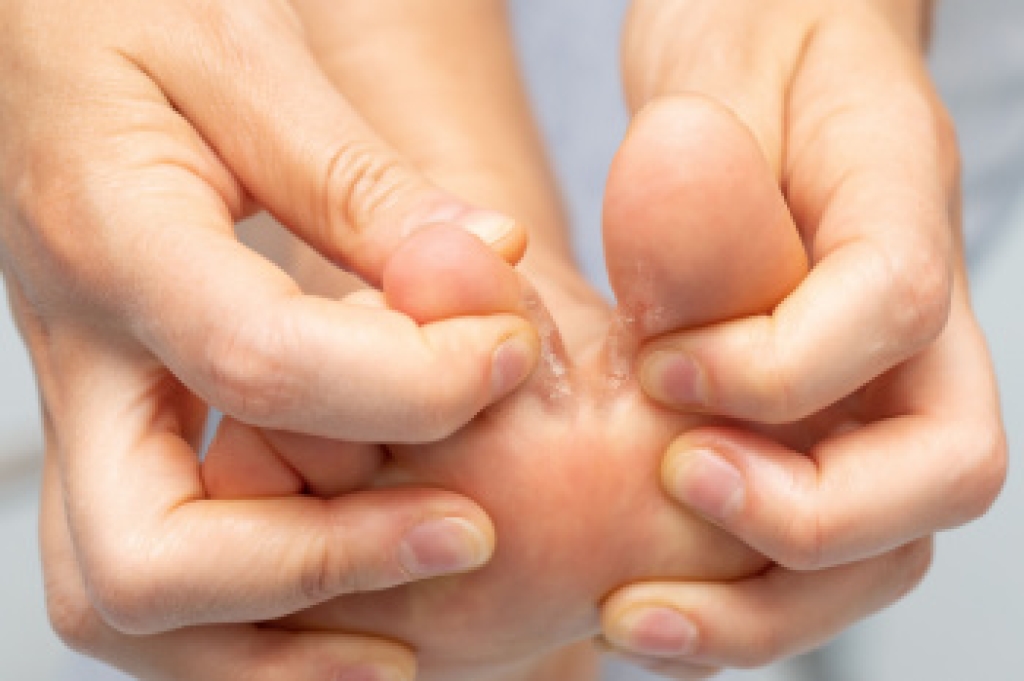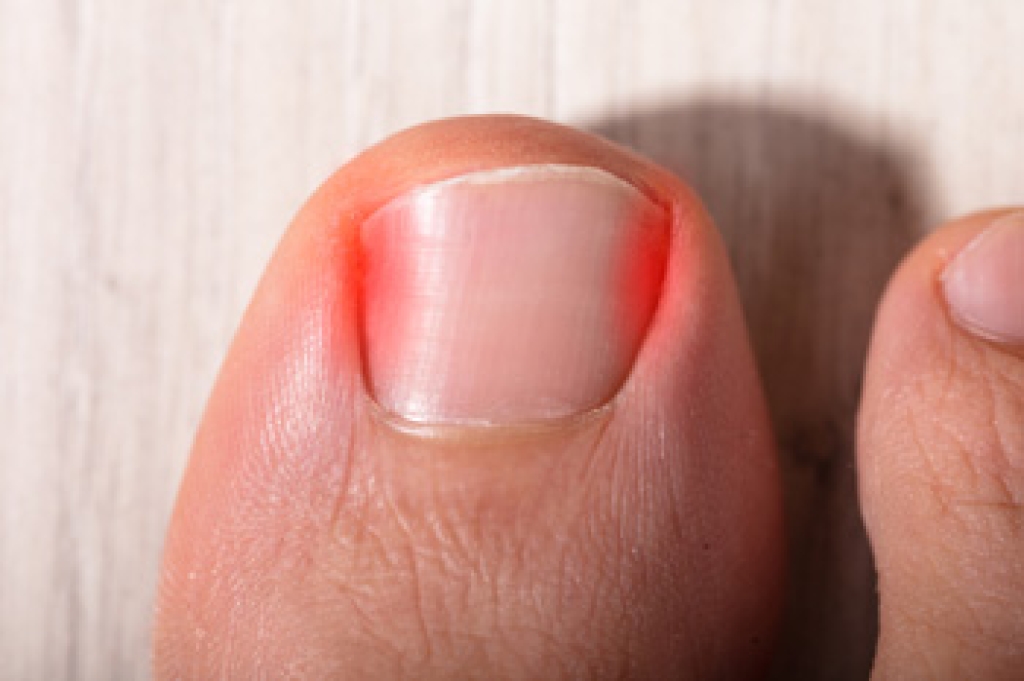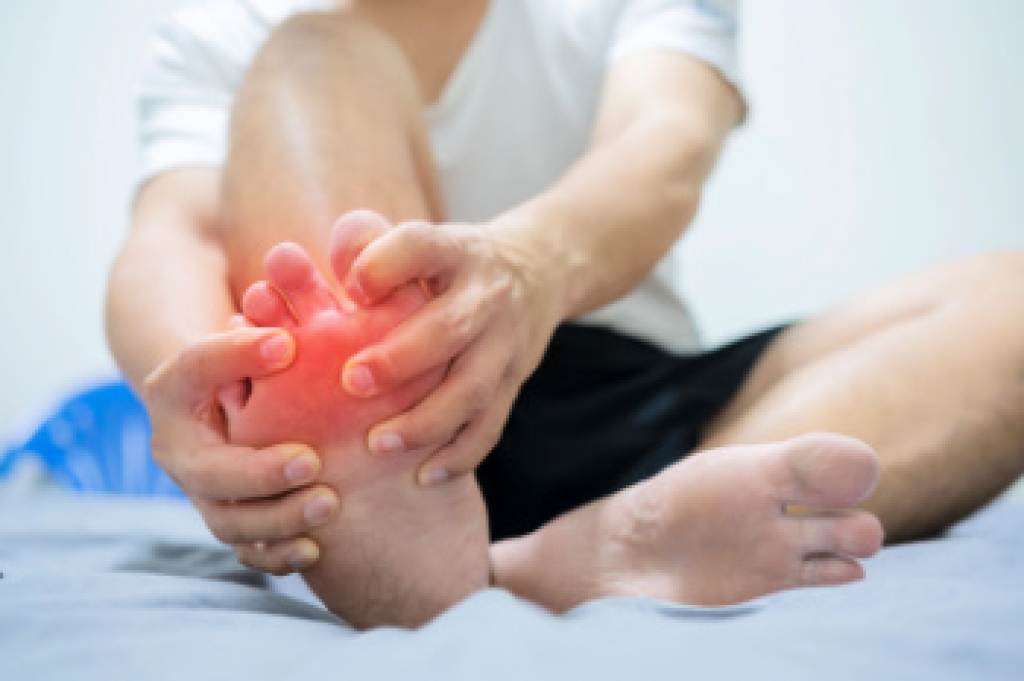
Carrying extra body weight puts added strain on the feet every day. With each step, the heels and arches absorb more pressure than they are designed to handle. This can lead to heel pain, flattening of the arch, and aching in the ball of the foot. The joints may become stiff, tendons may feel sore, and the risk of arthritis increases over time. Some people also notice burning, swelling, or tired feet after standing or walking for short periods. Body fat can also affect how tissues function, which may increase discomfort beyond simple pressure alone. A podiatrist can examine how you stand and walk, check foot alignment, and measure areas of high pressure. Treatment includes custom orthotics, supportive bracing, and guidance to reduce stress on the feet and prevent further damage. If you have foot pain that may be related to excess weight, it is suggested that you make an appointment with a podiatrist for an exam, diagnosis, and treatment.
The more you weigh, the harder your feet must work to support your body. If you’re an obese individual and are concerned about your feet, contact one of our podiatrists from Podiatry Services . Our doctors can provide the care you need to keep you pain-free and on your feet.
Obesity and Your Feet
People who are overweight are putting more pressure on their ankles, knees, and hips as well as their feet. This unfortunately can lead to variety of different issues.
Problems & Complications Stemming from Obesity
- When the body is overweight, it tries to compensate by changing the way that it moves. An obese person may lean forward and put extra weight on the wrong part of the foot. This puts unnecessary stress on the feet.
- Obese people are also more likely to develop type II diabetes which is a condition that causes a lot of foot problems. People with diabetes often don’t feel the cuts and sores that they may have on their feet, which can lead to more complicated and severe issues.
- Plantar fasciitis is another foot condition that can be caused by obesity. Plantar fasciitis is an inflammation of the tissue along the bottom of the foot, which causes pain and stiffness while walking and climbing stairs.
If you have any questions please contact our office located in Murrieta, CA . We offer the newest diagnostic and treatment technologies for all your foot and ankle needs.




